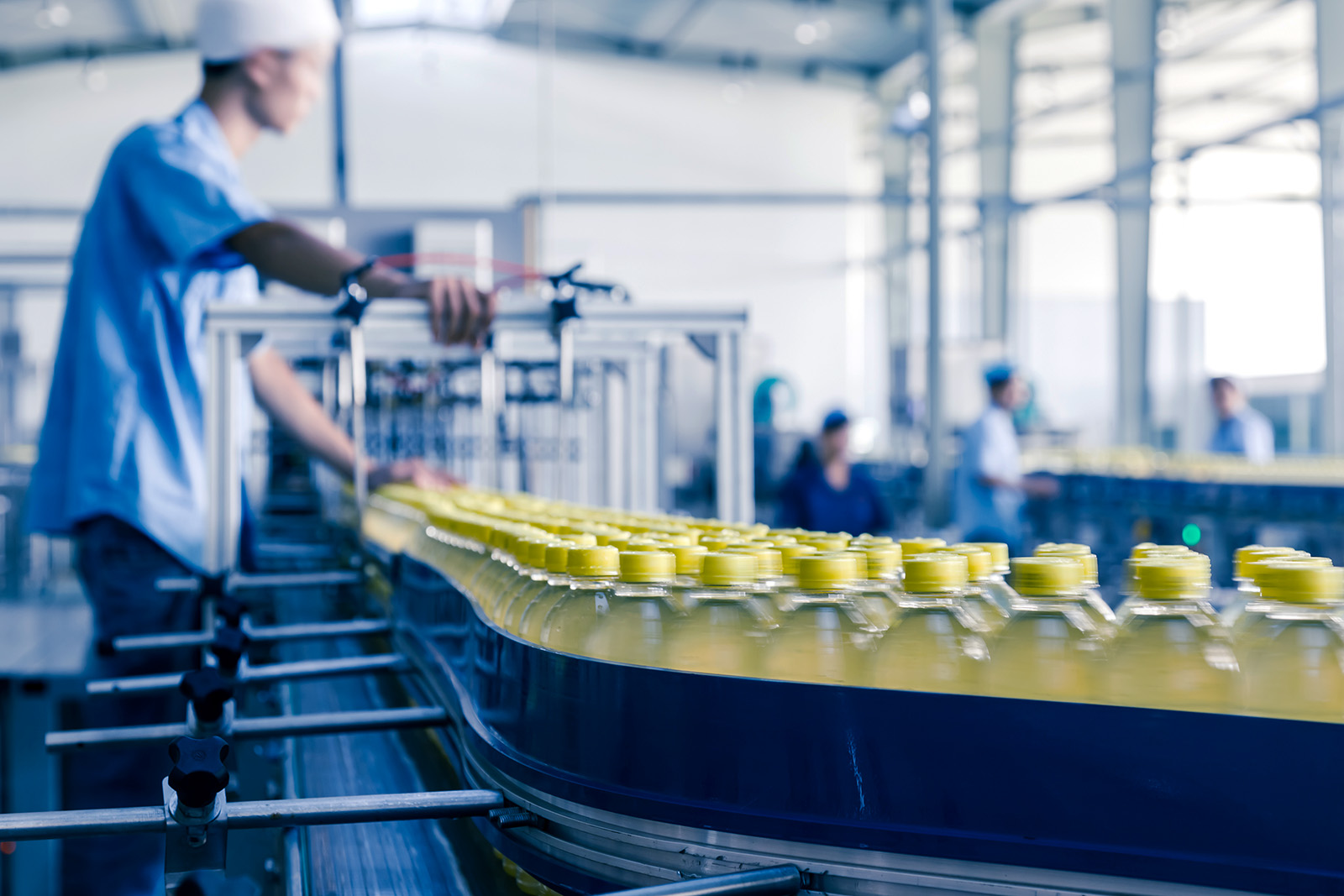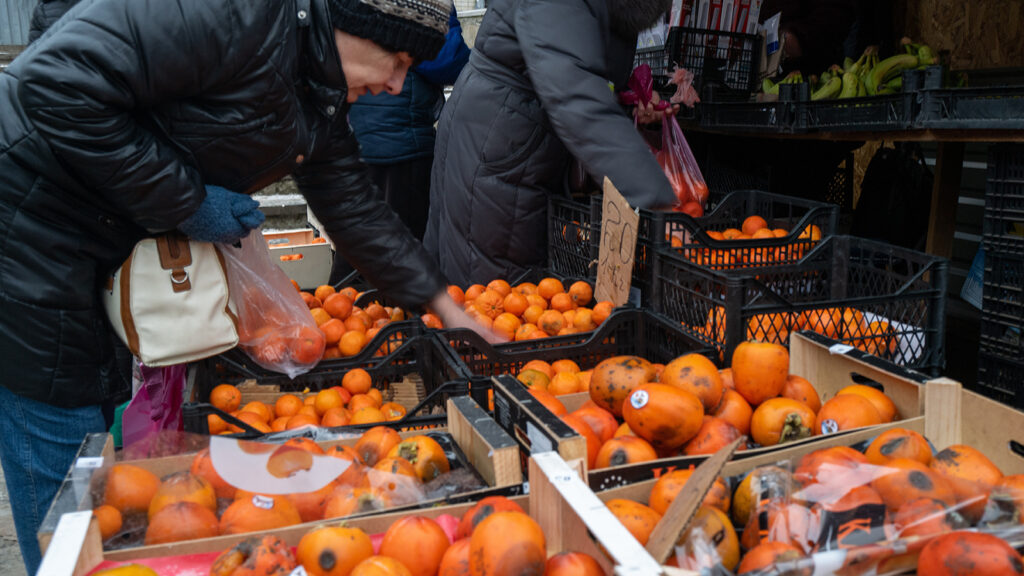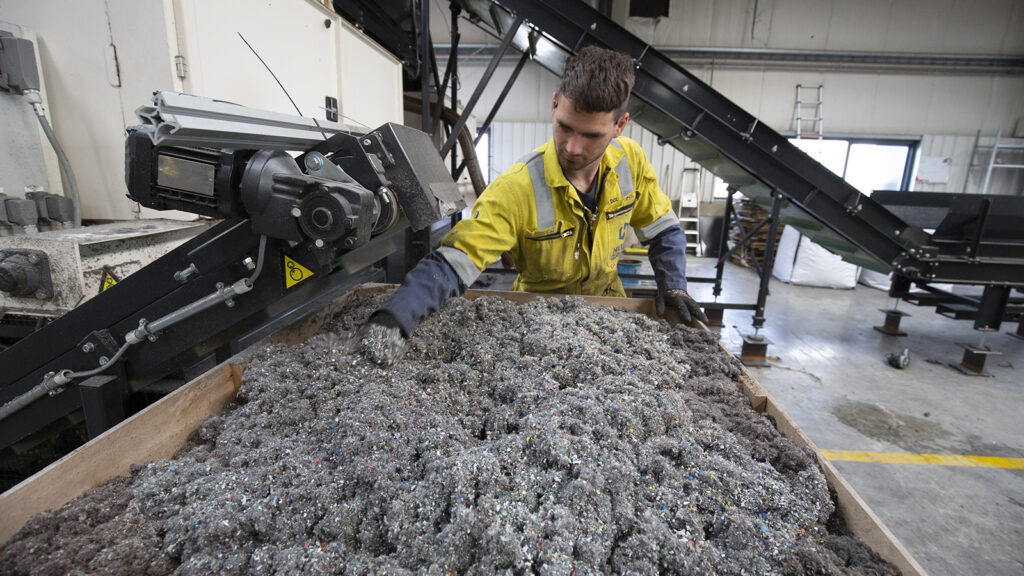Coronavirus Is Changing Consumer Habits in the Food Industry

Hopefully post-pandemic, there is even more pressure on food manufacturers to cut back on packaging and to renew efforts to cut back on waste within the food supply chain.
Photo: Shutterstock
We know that in the current global pandemic, disruption is the new normal. One of the key anxieties early in the crisis was in relation to the continued supply of food. However, beyond specific shortages artificially created by panic-buying and stockpiling of a few essentials, widespread food availability has generally not been adversely affected.
COVID-19 Has Demonstrated the Resilience of the Food System
In developing countries, the World Food Programme has noted that the number of people who will face acute food insecurity (availability, access and use of food) will double during 2020.
Yet in the developed world, we haven’t seen headlines about mass food supply chain collapse. Despite the complexity of food supply chains, with many different foodstuffs, approaches and stakeholders involved (farmers/producers, suppliers, distributors and consumers), the food supply “machine” continues to work well.
The food industry has been ahead of the curve in its management of risk and planning for contingency over many years. It has become a sophisticated and mature operation, learning from mistakes, successes and opportunities to tighten collaboration across multiple countries and jurisdictions.
More Ahead of the Curve Than Health Care Chains
This is in stark contrast with what we observe with health care supply chains. Notwithstanding the complexity of disease management, disease control and population safety, a number of factors have had an adverse impact on patients and health care professionals, including fragility in inventory, procurement decision-making and governance, disconnections and differing views between country approaches and a lack of supply chain resilience.
Comparatively, food supply chains have not been similarly impacted. In the United Kingdom, learning from historical events has been key. Examples include salmonella contamination in eggs, the so-called mad cow disease affecting the beef supply chain and numerous outbreaks of foot-and-mouth disease across U.K. farms. There have also been unintended consequences, such as the impact on KFC restaurants when the company changed distributors, leading to a lack of chicken being supplied to their branches, and more recently, the question of a long-term impact on food supply chains from Brexit.
In these U.K.-specific cases, though, any disruption to the food supply chain was a “local” issue, confined to the industry and fast-moving consumer goods sector, with the remaining part of the economy and daily life carrying on as normal.
Although most developed nations have relatively strong food security, that doesn’t mean there aren’t going to be significant and long-lasting impacts to the food industry, post-COVID-19.
Long-Term Impacts for the Food Industry
Although most developed nations have relatively strong food security, that doesn’t mean there aren’t going to be significant and long-lasting impacts to the food industry, post-COVID-19. Living in lockdown conditions for almost a quarter of the world’s population means that the ebb and flow of normal consumption patterns have been drastically affected and have led to new consumer behaviors. Once we emerge from this situation, some forecasters are even warning that we may experience a return to a world that looks and feels more like a post-war era.
Food supply can’t be decoupled from how it is distributed. Even with a highly collaborative, technologically sophisticated global supply chain, the logistics and distribution of any product will always suffer from the “last mile” logistics problem.
The greatest impact can be seen in large cities, where populations rely heavily on external, incoming supplies to municipal centers that now are either experiencing an unusually high round-the-clock demand pattern or a discontinuous, lumpy supply dynamic. By contrast, non-urbanized areas that might have normally relied upon food supply also from the “outside” are looking to draw upon local food production sources, particularly those in rural and agricultural areas.
Opportunity to Develop a Circular Economy
There may be an opportunity for individuals and organizations to leverage the benefits of the immediate community instead of global supply chains, adopting principles of redesign, reduce, reuse and recycle (i.e., circular economy concepts). Food supply chains of the future may shift back to seasonal produce and local growth and supply.
Weeks and months of lockdown are beginning to alter food choices, consumption and resulting food waste behaviors. We are becoming more aware of our relationship with food and packaging. While many of us may also have become more health-conscious as a result of this global pandemic, I am sure there is a suitably large number of people worldwide who are now seeking solace in preprepared and carryout food. In turn, reversing the previous consumer trends for fresh and healthy food could potentially lead to unintended post-pandemic health effects such as obesity, diabetes and heart disease.
Responsibility for Waste Needs to Return
Likewise, previously held concerns for climate change and achieving a zero-waste society has visibly dissolved. Where has that gone and when will it return?
Pre-COVID-19, there had been a growing global realization about the impact of consumption and waste on the natural environment. The principle of responsibility behind this is known as EPR (extended producer responsibility), where the producer of a product or service — rather than the consumer — takes ultimate responsibility for how to dispose of their product.
The emergence of initiatives such as plastic bottle deposit return schemes in the U.K. and elsewhere harkens back to a time some 40 or more years ago when you effectively “rented” a glass bottle to access the soft drink inside and then returned the bottle to get back your deposit.
In recent weeks, consumption in households may well have increased, which will also result in an increase in waste. In some areas and municipalities, reduced curbside waste collections and waste services have only heightened attention to household waste. We can only hope this might have a reverse effect once the pandemic is over, leading to even more pressure on food manufacturers to cut back on packaging and to renew efforts to cut back on waste within the food supply chain.
We should be thankful for strong and resilient food supply chains that are ensuring food security for the majority of us. Focusing on local and closed-loop production, distribution, consumption and careful management of waste will undoubtedly be our savior going forward. Regulatory and patient safety issues notwithstanding, these are aspects that health care systems can learn from.








